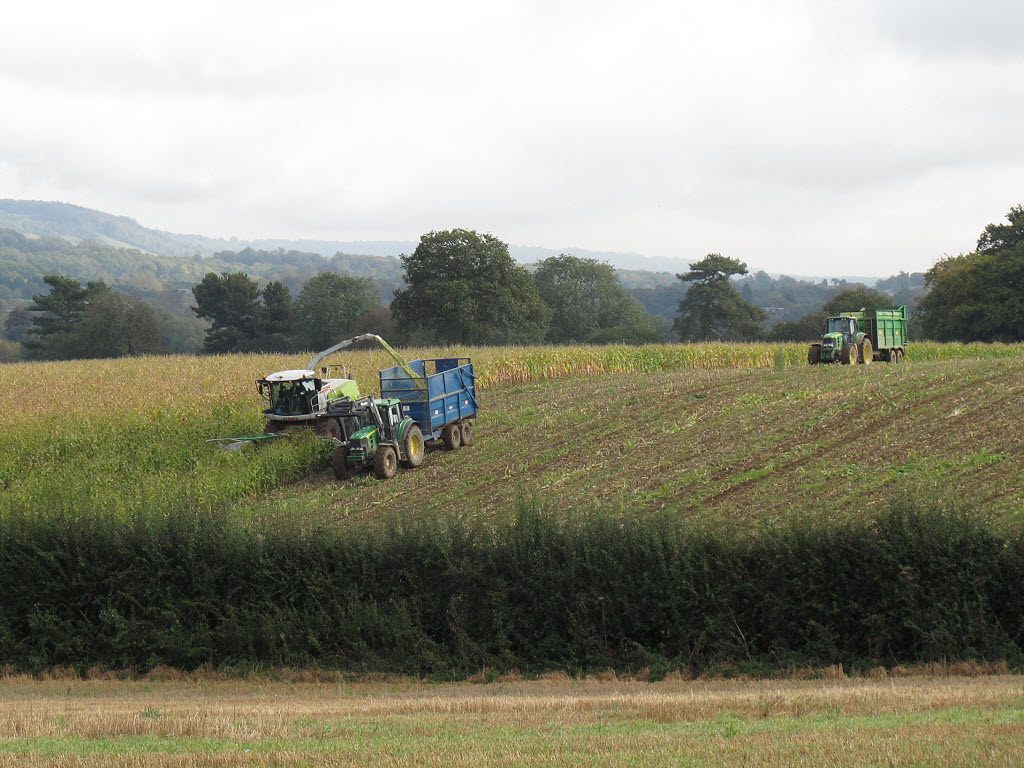
October 2012. (c) Stephen Craven
Today’s hymn from Sing Praise is another in the Harvest series: “Praise God for harvest-time” by Paul Wigmore. As John pointed out when playing it for morning prayer, six verses all with choruses makes for a long hymn, so since the chorus has the same metric pattern as the verse, he chose to make it four 8-line verses (the second half of the first and last being the ‘chorus’ with alleluias).
Unlike the last two ‘harvest’ hymns, this focusses very much on God’s provision of food for humankind, an idea that dates back to the creation myths of Genesis, when our ancestors were promised food from all kinds of plants. Not, at that stage, animals: meat-eating is a sign of the Fall, although I haven’t yet heard any vegans actually making that argument. There is no reference in this hymn to meat, either, although in writing “fruit of earth and ocean’s yield” the composer probably had fish, rather than sea-weed, in mind.
There is no date given for publication of the hymn; Paul Wigmore was born in 1925 so it would presumably have been written any time after the Second World War. Why I make this point is that like many traditional harvest hymns, the imagery is of God “joining with our human hand” and the smallholder farmer ploughing the land (although the “plough turning soil and stone” could be equally horse- or tractor-drawn). But the vast majority of humans today eat supermarket food, plants grown or animals reared commercially on an extensive scale. There are many ethical questions around food supply today, from genetic modification, through battery farming of fish and chicken, to fairtrade certified co-operatives versus cheap mass production by workers on minimum wage (or worse). None of these have easy solutions with over seven billion mouths to feed. The effects of climate change on traditional growing and harvesting seasons, and the rapid decline in pollinators, are other problems to be addressed urgently.
But back to the hymn, and with those questions in the background we can still praise God that (for the time being) the sun and rain continue to ripen the crops, and promise (verse 5) to share the benefits we receive with those who have less.